Princeton Studies in Mathematical Economics7
-
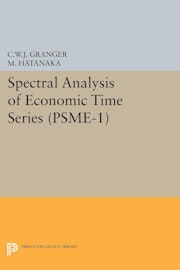
The important data of economics are in the form of time series; therefore, the statistical methods used will have to be those designed for time series data. New methods for analyzing series containing no trends have been developed by...
-
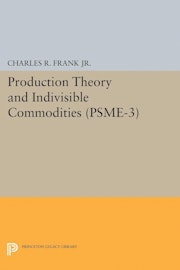
One of the usual assumptions in economic theory is that an entity called a commodity can be measured or that the amount of it can be represented by any real number. The functions (or other types of mapping) with which the economist...
-
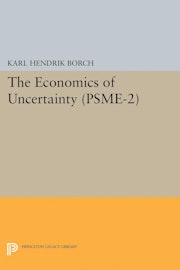
Game theory has brought into economics an uncertainty principle similar to the one brought into physics by the quantum theory. Professor Barch's main purpose in this book is to show how one can construct realistic economic theories by...
-
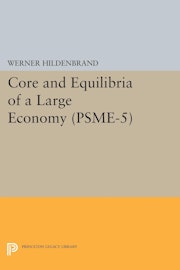
Can every allocation in the core of an economy be decentralized by a suitably chosen price system? Werner Hildenbrand shows that the answer is yes if the economy has "many" participating agents and if the influence of every individual...
-
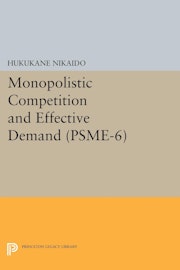
While traditional price theory has successfully elucidated national income distribution in a perfectly competitive economy, little is known today about the overall working of a noncompetitive economy. This book moves to remedy the...
-
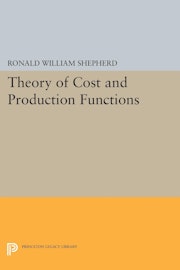
A sequel to his frequently cited Cost and Production Functions (1953), this book offers a unified, comprehensive treatment of these functions which underlie the economic theory of production.
The approach is axiomatic for a definition of... -
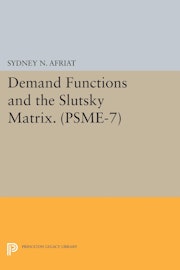
The utility idea has had a long history in economics, especially in the explanation of demand and in welfare economics. In a comprehensive survey and critique of the Slutsky theory and the pattern to which it belongs in the economic...